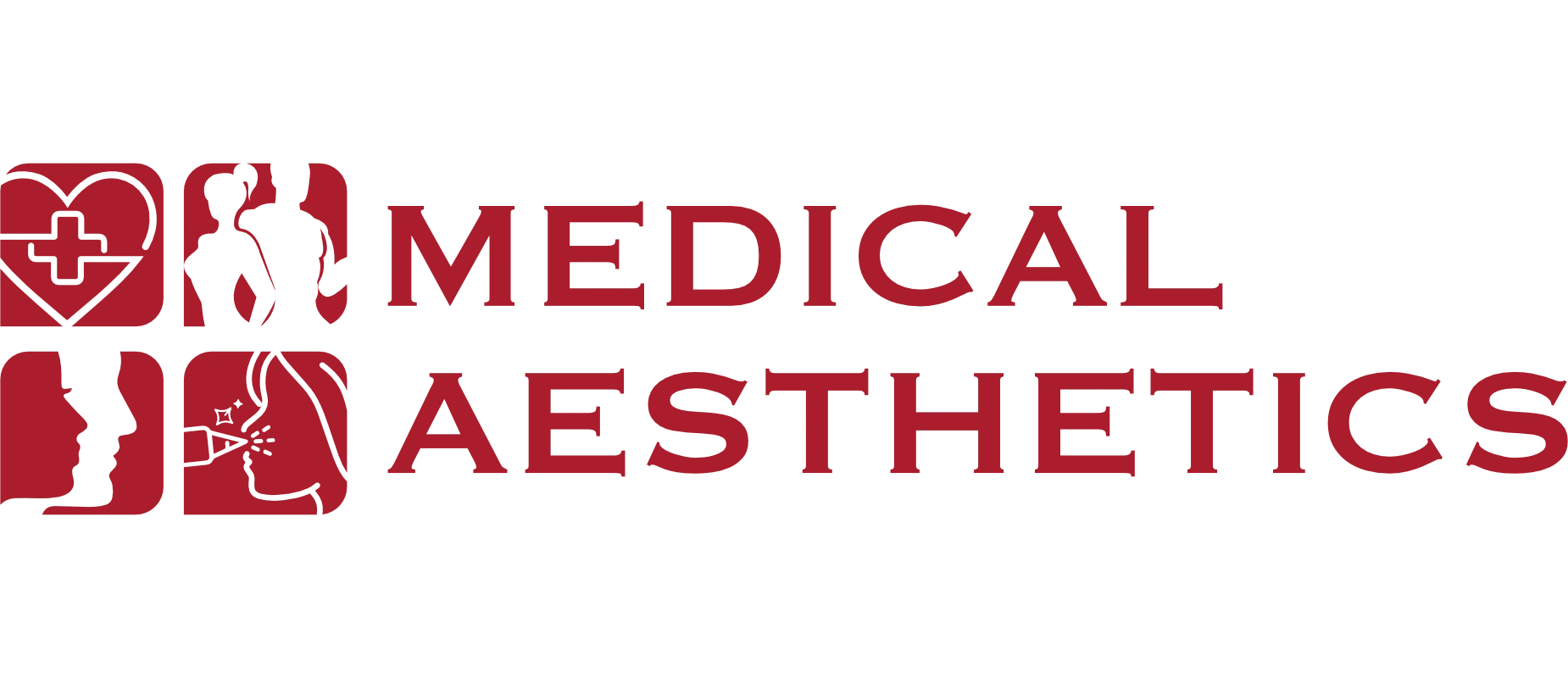
Last updated: Jan 18, 2026
Scalp Acne Treatment Singapore
Scalp acne refers to pimples or bumps that develop on the scalp, often along the hairline. It can cause itching, tenderness, and discomfort, and if left untreated, may contribute to hair-related concerns. Like acne on other parts of the body, scalp acne can also affect how you feel about your appearance. Because of its location under the hair, scalp acne can sometimes be harder to notice and treat compared to acne on the face or body.
WhatsApp Us Now
Scalp Acne Symptoms



Symptoms can range from mild to severe, varying in their presentation:
| Severity | Presentation |
|---|---|
| Mild |
|
| Moderate |
|
| Severe |
|
What Causes and Contributes to Scalp Acne?

Scalp acne, like facial acne, occurs when hair follicles become clogged with oil, dead skin cells, and bacteria, leading to pimples. Contributing factors include:
- Hair Care Products: Products like pomades, waxes, and heavy conditioners can leave residue on the scalp, exacerbating follicle clogging.
- Poor Scalp Hygiene: Infrequent or improper washing allows oil, dead skin cells, and product buildup to accumulate and clog pores.
- Hormonal Changes: Fluctuations in hormones, especially during puberty, menstruation, or stress, can increase oil production.
- Diet and Lifestyle: A diet high in sugars and fats, along with stress, can affect hormone levels and increase sebum production. Wearing hats or headgear frequently can also trap sweat and oil against the skin.
Preventing Scalp Acne

Preventing scalp acne involves maintaining good scalp hygiene by:
- Regular washing with a gentle, non-comedogenic shampoo to help remove excess oil and prevent the buildup of dead skin cells.
- Avoiding heavy, oil-based hair products that can clog pores.
- Incorporating a balanced diet and managing stress to reduce the likelihood of scalp acne flare-ups.
- Washing items that come in contact with your head, such as pillowcases, hats, and headgear, to prevent the accumulation of oil and bacteria.
Scalp Acne Treatment
Unlike treatment for facial acne or acne scars, treating scalp acne differs due to the unique environment of the scalp, which has thicker skin, more hair follicles, and increased oil production, making it more challenging to manage. Treatment options for scalp acne vary depending on its persistence and severity:
| Treatment Options | Description |
|---|---|
| Medicated Shampoos | Shampoos with ingredients like salicylic acid, zinc pyrithione, or ketoconazole are often recommended initially. These ingredients help exfoliate the scalp, reduce oiliness, and combat the yeast or bacteria contributing to acne. |
| Topical Treatments | Benzoyl peroxide can be applied to reduce inflammation and clear up pimples, though it may bleach hair. Alternatively, salicylic acid-based gels can be used to unclog pores without the risk of bleaching. |
| Oral Medications | In severe cases, oral antibiotics or isotretinoin may be prescribed to reduce bacteria and decrease oil production on the scalp. |
| Laser and Light Therapy | For more persistent cases, advanced treatments like laser therapy or blue light therapy may be recommended. These target deeper skin layers to reduce inflammation and kill acne-causing bacteria. |
It is best to consult a doctor or dermatologist for personalised treatment options.
Scalp Acne Treatment: Before and After Photos
Owing to the regulations of The Ministry of Health (MOH), we are unable to publish before and after photos on our website. However, you may view these photos during your consultation with our doctor to understand more about the treatment you seek.
Why Choose Dr Robert Ong's Scalp Removal Treatment in Singapore?
The Medical Aesthetics Track Record
Patients Consulted Since 2002
Years of Experience
Google Reviews
Experienced & Friendly Doctor
Dr Robert Ong listens attentively to your concerns and patiently discusses with you the appropriate treatment options, based on over 20 years of medical and aesthetics experience.
Affordable Treatments
We are priced competitively and affordably. We also have a variety of treatment options depending on your budget and requirements.
Safe & Effective Results
Our treatment options are safe, effective and promotes natural healing for your skin. We strive to keep your experience a comfortable one and will minimize any pain or discomfort, if any.
Scalp Acne Treatment Price in Singapore
At Medical Aesthetics, we provide treatment for scalp acne with the prices as follows:
| Treatment | Price* |
|---|---|
| Consultation | From $38.15 to $70.85 |
| Fusidic Cream (Disuf) | $28.34 |
| Dezoral Shampoo | $21.80 |
*Prices are NETT and inclusive of GST.
1. All patients are required to undergo a consultation with our doctor to assess his or her
suitability for the relevant treatment(s).
2. If you are keen on scalp acne treatments, feel free to talk to our doctor at Medical Aesthetics
to let us best understand your concerns.
3. Our Toa Payoh clinic is located a sheltered 3
minutes walk away from Toa Payoh MRT, conveniently located in Central Singapore.
Conclusion: Get Treated for Scalp Acne Today
Scalp acne is more than just a minor irritation – it can lead to discomfort, hair issues, and impact self-esteem if not properly managed. Preventing scalp acne requires a proactive approach by understanding the symptoms, causes, and available treatments. Professional treatment may be the best option, especially for moderate to severe cases, to address the condition quickly and effectively. If you're experiencing symptoms of scalp acne or are unsure, schedule an appointment with our doctor today.
How Do I Book a Scalp Acne Treatment Appointment?
Book Scalp Acne Treatment
Book Now
Enquire More Through Email
Email Us Now
Enquire More Through WhatsApp
WhatsApp Us Now
